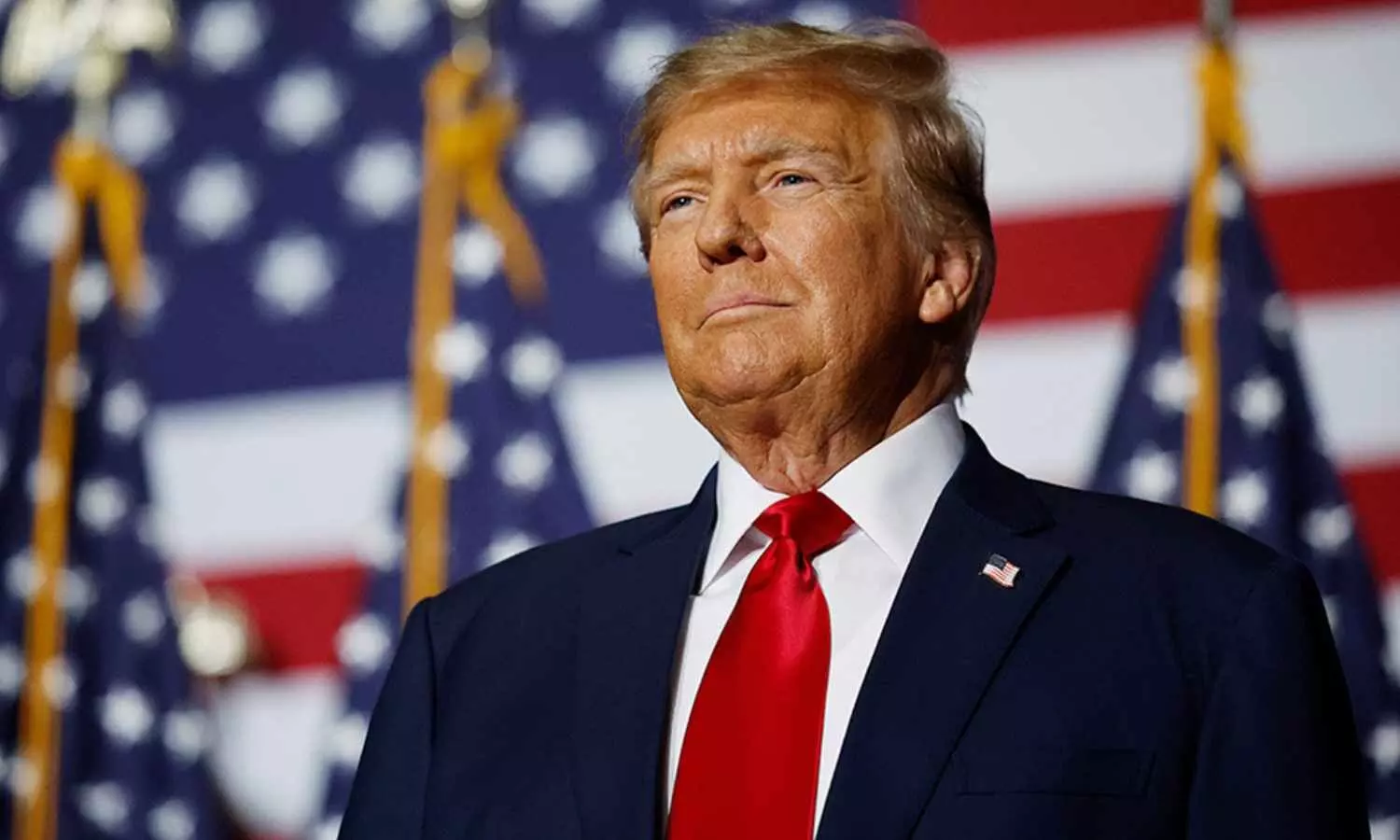Indian Semiconductor Industries Remain Unaffected Amid Trump’s Tariff Threat
With the announcement of a 25% tariff on semiconductor imports by the Trump Administration, global chip industries are expected to have a tough time.
Indian Semiconductor Industries Remain Unaffected Amid Trump’s Tariff Threat

With the announcement of a 25% tariff on semiconductor imports by the Trump Administration, global chip industries are expected to have a tough time. However, India remains unfazed by such uncertainties in the short-term as it’s not a major exporter of semiconductor to the U.S., industry executives said.
However, companies in India which export finished electronic products are on a wait-and-watch mode, before committing any new investments, they said.
As per experts, Trump’s decision to levy tariffs on semiconductor imports may violate the Information Technology Agreement (ITA-1), an international treaty, which mandates zero percent duty on trades of semiconductors and IT goods between signatories.
In the latest set of developments as a part of Trump’s America-first trade policy, he intends to impose tariffs “in the neighbourhood of 25%” on imports of semiconductors, automobiles and pharmaceutical products.
India Electronics and Semiconductors Association president Ashok Chandak said, “The imposition of a 25% or higher tariff on semiconductors by the United States is expected to have significant consequences for the global semiconductor industry. This move will impact costs, supply chains, innovation and geopolitical relations, shaping the industry’s future in multiple ways,”
He said, as India is not a major exporter of semiconductor to the U.S, India is unlikely to witness any short-term consequences. Additionally, India imposes zero percent import duty on semiconductors, which means that there are no reciprocal tariff concerns.
“In the long run, Indian semiconductor brands will not be at a major disadvantage, as the US tariff is expected to apply uniformly to all exporting nations,” Chandak said.
Notably, imposition of tariffs will lead to surge in cost of semiconductors majorly produced in including Taiwan, South Korea and China, thereby leading to costlier electronics.
Leading US technology companies such as Apple, Nvidia and Tesla will face increased production costs, potentially reducing profit margins or higher consumer prices, Chandak added by stating, “The additional costs will likely be passed on to consumers, making smartphones, laptops, electric vehicles and industrial electronics more expensive.”
Electronics contract manufacturer Syrma SGS stated that 40-50% of its total exports come from the U.S. Company's managing director JS Gujral said, “About 10% of our sales is to the American continent, and this includes RFIDs, smart meters, ID cards and others. In our discussion with the global companies, there is no slowdown as such…but when it comes to committing investments, it’s a wait-and-watch situation.”
Gujaral confirmed that tariffs announced by Trump does not have any near-term impact on his company’s business as it has a healthy order book for the current fiscal year.
He said, “What I’m talking about today is not for this year. It’s only for FY 2026-27. The incubation period is pretty long. If you start discussing today, by the time you start shipping, it is already 9-12 months…,”
“The demand in America is too big to be ignored. So, people will find ways to put up an integration plant or an assembly plant. The possibility of nearshoring is large,” Gujral said.

